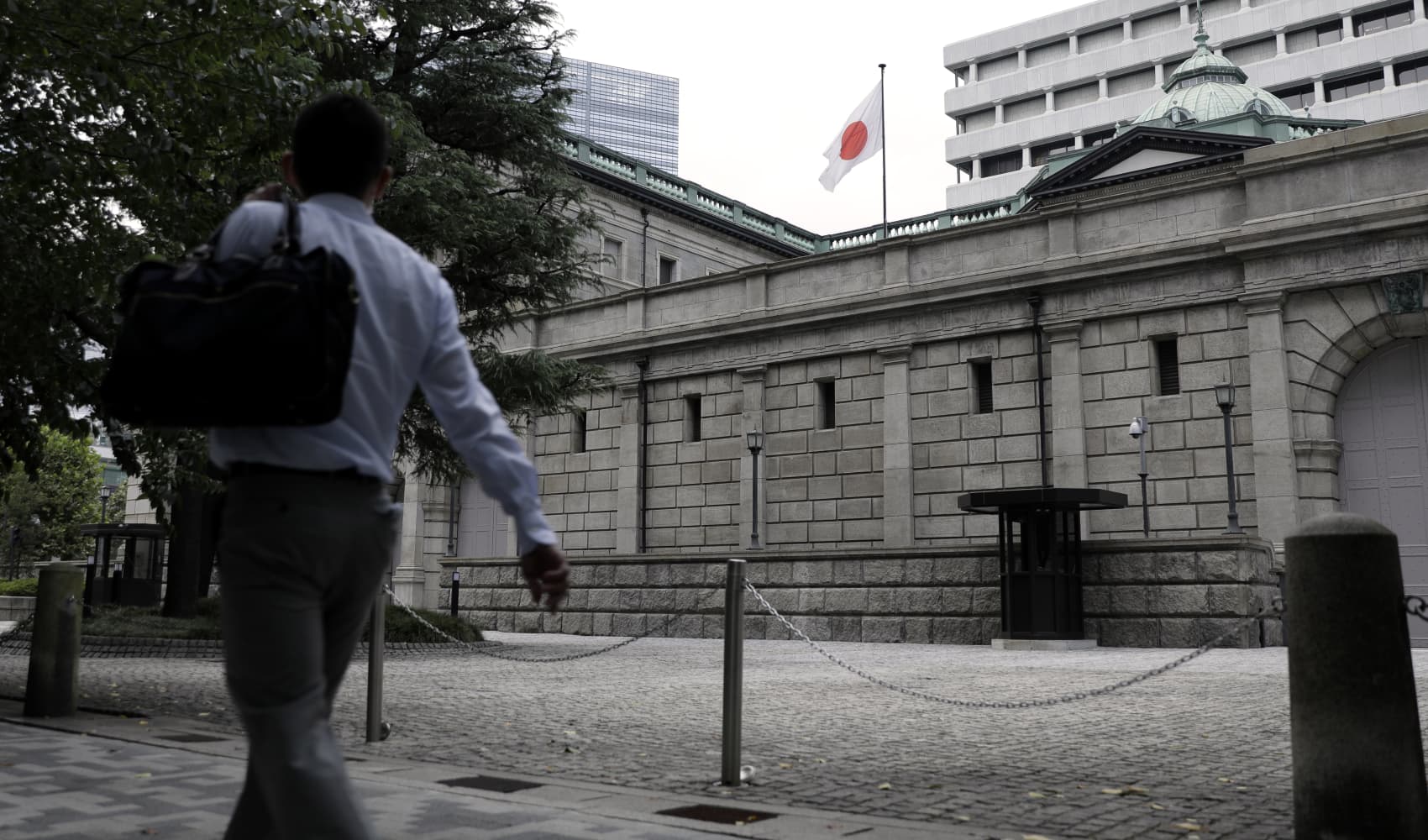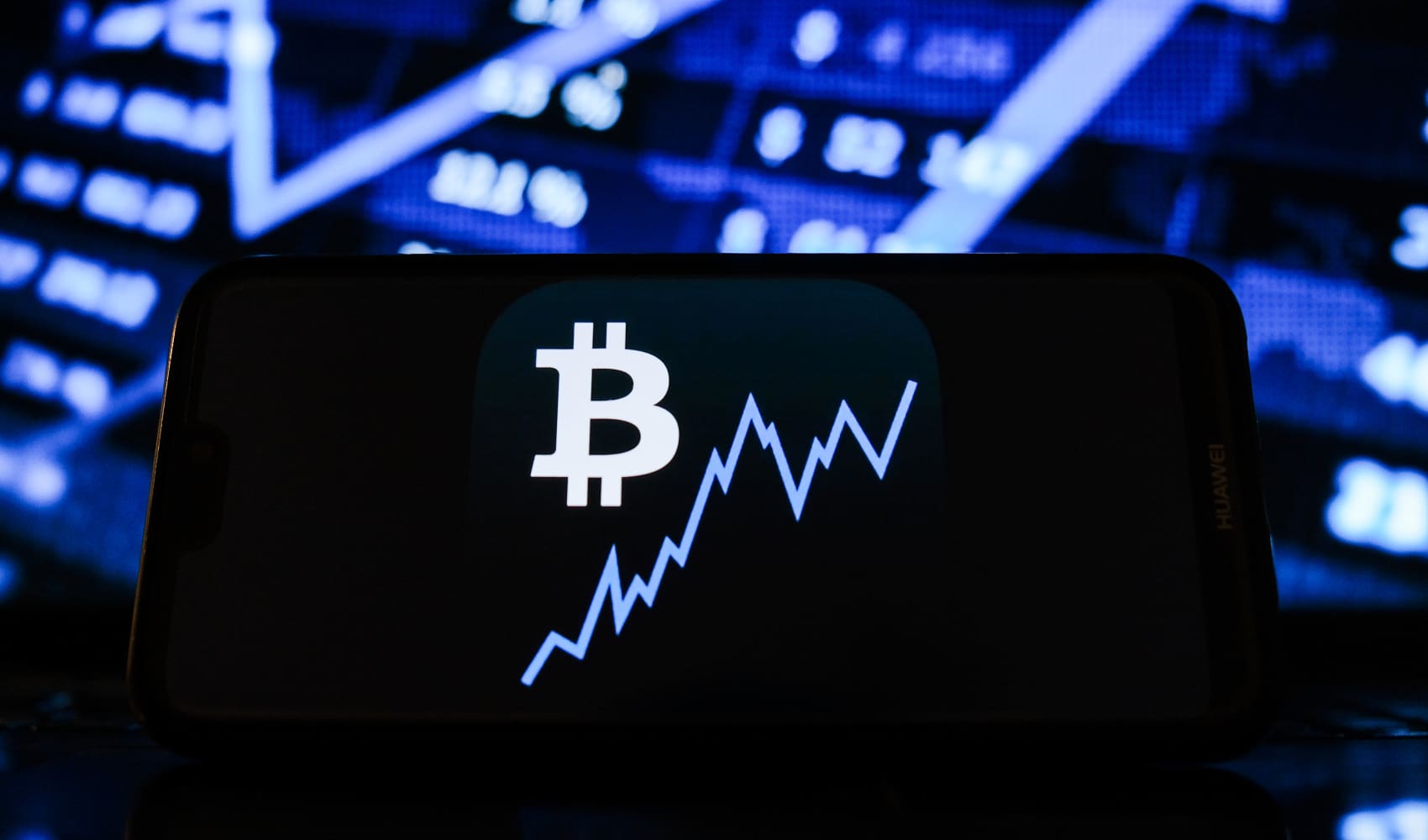
- South Korean markets are on pace for a fifth straight day of gains after President Yoon Suk Yeol was impeached on Saturday.
- The blue-chip Kospi rose early Monday morning, but pared gains later in the session. The small-cap Kosdaq was 0.7% higher.
South Korean markets made early gains on Monday after the impeachment of President Yoon Suk Yeol on Saturday.
South Korea's National Assembly's second attempt to impeach Yoon succeeded as 204 lawmakers voted in favor of the motion, crossing the two-thirds bar needed to impeach Yoon in the 300-seat chamber.
The vote was triggered over Yoon's short-lived declaration of martial law, which threw the country into political turmoil.
The blue-chip Kospi rose early Monday morning, but pared gains later in the session. The small-cap Kosdaq was 0.7% higher. Should both indexes end today in positive territory, it will be a fifth straight day of gains for both indexes.
Yoon had declared martial law late on Dec. 3, the first time in over 40 years that Asia's fourth-largest economy has seen martial law declared. He rescinded the order hours later after 190 lawmakers voted down the declaration.
The Kospi has gained about 2.2% since the close of Dec. 3 — the last trading day before martial law was declared, and the Kosdaq has gained about 1.1%.
Money Report
Both indexes had rebounded strongly last week after initially falling following the martial law flip-flop and failed first impeachment vote. The Kospi hit its lowest level since November 2023 on Dec. 9.
The Kospi has gained about 6% since the Dec. 9 low, while the Kosdaq has recorded around an 11% climb since then.
Feeling out of the loop? We'll catch you up on the Chicago news you need to know. Sign up for the weekly> Chicago Catch-Up newsletter.
Opposition lawmakers had pushed an initial impeachment vote on Dec. 7, but that failed to clear the 200-votes needed to impeach Yoon after lawmakers from his ruling People's Power Party walked out of the chamber.
Since the Saturday vote, Yoon has been suspended from state duties, with Prime Minister Han Duck-soo serving as acting president.
The impeachment process is now passed to South Korea's Constitutional Court, which must then rule on whether to confirm or reject Yoon's removal.
According to the Constitutional Court Act of 1988, the Constitutional Court must make a final decision within 180 days. If Yoon chooses to leave office before the court's decision, the impeachment case is dismissed.
Investors will continue to assess the political situation as South Korean lawmakers and officials move to reassure allies, financial markets and the public.
South Korea's finance ministry said in remarks on Monday that uncertainties in the country's political system have eased after Yoon's impeachment, emphasizing that the economic system remains stable, according to local media reports.
A day prior, South Korea's new acting president was on a call with U.S. President Joe Biden and reportedly assured him that South Korea would carry out its foreign and security policies without disruption.
The leader of South Korea's main opposition party has also announced it would not seek to impeach Han for his involvement in the martial law declaration and has instead offered to work with the government to ease tensions.






